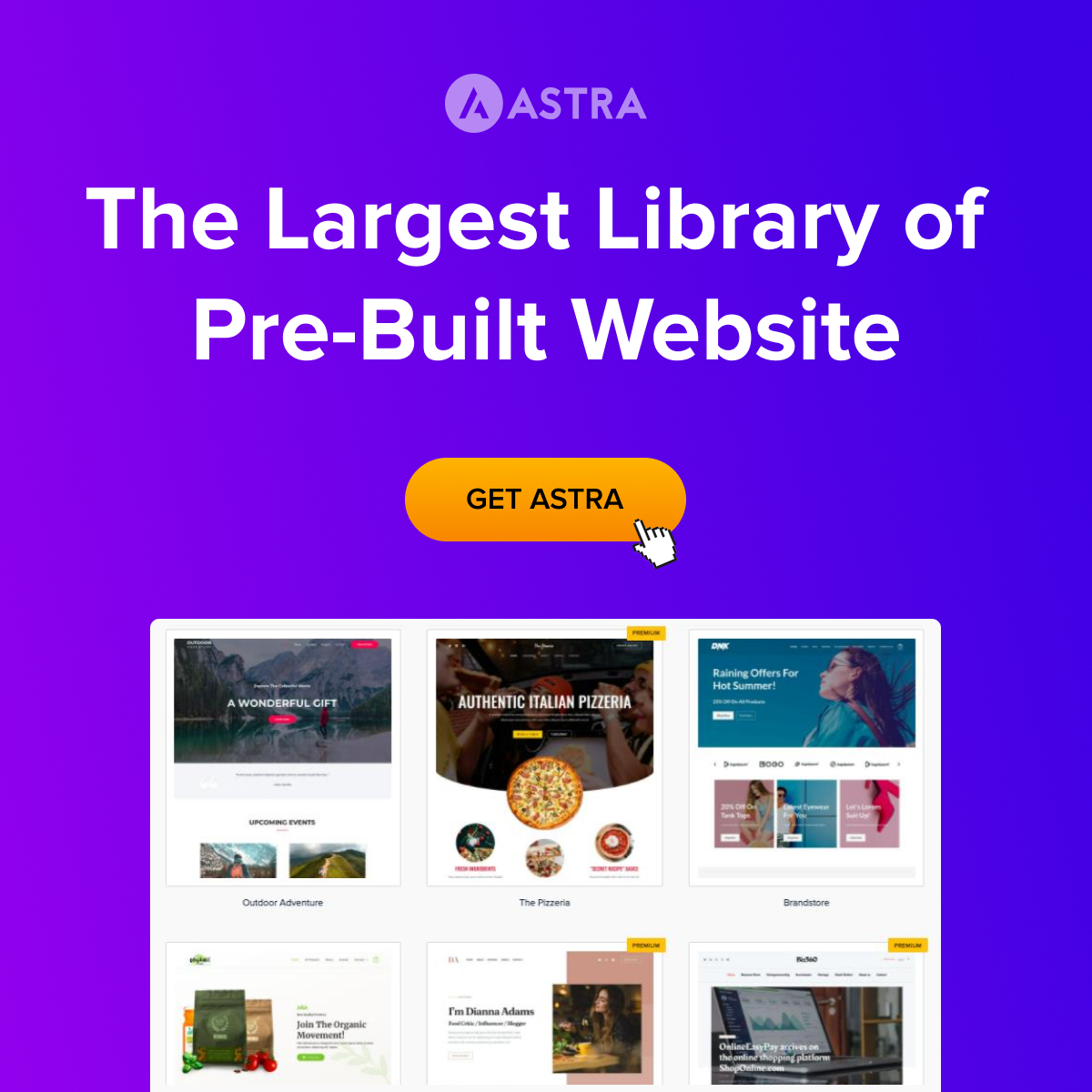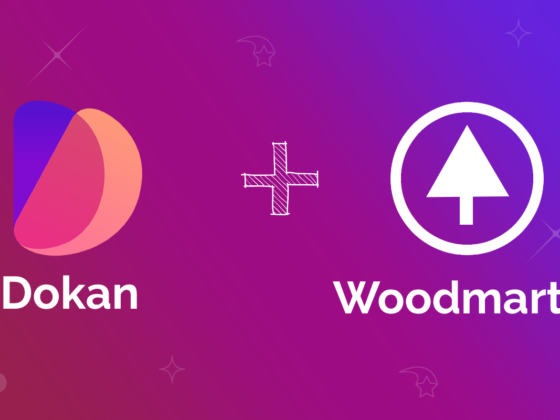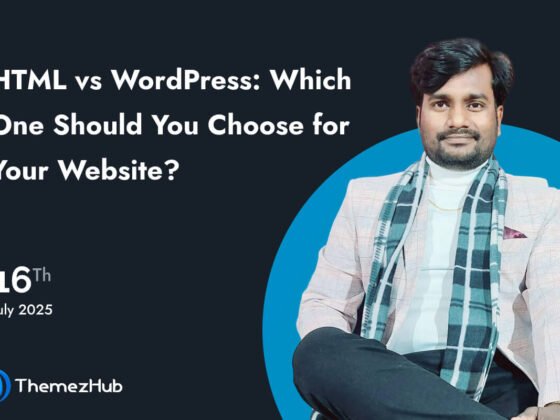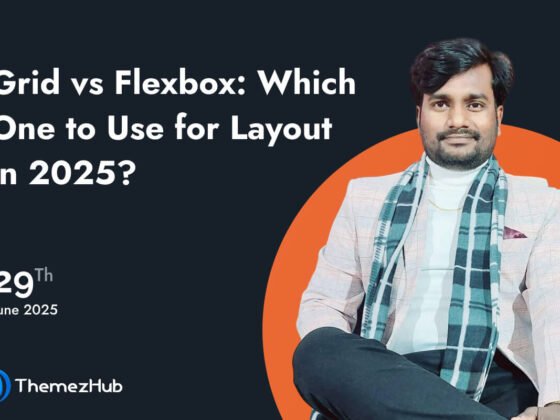Web design trends evolve constantly as technology advances and user preferences change. Here are some of the popular web design trends that were gaining traction.
Minimalism
Minimalistic design continues to be popular. It focuses on clean, simple layouts with ample white space, crisp typography, and limited color palettes. This approach enhances readability and user experience.
Responsive Design
With the increasing use of mobile devices, responsive web design remains crucial. Websites must adapt to different screen sizes and resolutions to provide a seamless experience across all devices.
Dark Mode
Dark mode or night mode designs have gained popularity due to their reduced strain on the eyes and the aesthetic appeal. Many websites and apps now offer a dark mode option for users.
Neomorphism and Soft UI
Neomorphic design elements, which mimic real-world objects and create a sense of depth, have gained traction. Soft UI, with subtle shadows and gradients, provides a tactile feel to digital interfaces.
Microinteractions
Microinteractions are small, subtle animations or responses to user actions. These enhance user engagement and provide feedback, making the website more interactive and enjoyable.
3D Elements and Illustrations
Three-dimensional graphics and illustrations add depth and creativity to web design. They can be used for product showcases, storytelling, or simply for visual appeal.
Custom Illustrations and Icons
Brands are increasingly using custom illustrations and icons to create a unique visual identity and communicate their message effectively.
Video Backgrounds
High-quality video backgrounds can create a visually captivating experience. They are often used to showcase products or tell a brand’s story.
Scroll-triggered Animations
As users scroll down a page, animations and effects triggered by the scrolling action can add an element of surprise and keep visitors engaged.
Bold Typography
Large, bold fonts with unique styles are used to grab users’ attention and make a statement. Typography is a powerful tool for conveying brand personality.
Sustainable and Eco-friendly Design
With growing environmental concerns, some websites are adopting eco-friendly design principles, including using sustainable colors, energy-efficient designs, and promoting green initiatives.
Accessibility
Prioritizing web accessibility remains a trend. Websites are designed with features that make them usable for people with disabilities, such as screen readers and keyboard navigation.
Data Visualization
Websites often present data in creative and interactive ways. Infographics, charts, and interactive data visualizations are increasingly common.
AI-Powered Chatbots
Chatbots and virtual assistants powered by artificial intelligence are used for customer support and user engagement, providing real-time assistance.
One-page Websites
Simplified, one-page websites with smooth scrolling navigation are favored for their concise, focused content delivery.
Remember that web design trends can vary by industry, target audience, and geographical location. It’s important for web designers and businesses to stay updated with the latest trends while also considering their specific needs and objectives. Always prioritize usability, performance, and accessibility alongside aesthetic trends to create a well-rounded web experience.














